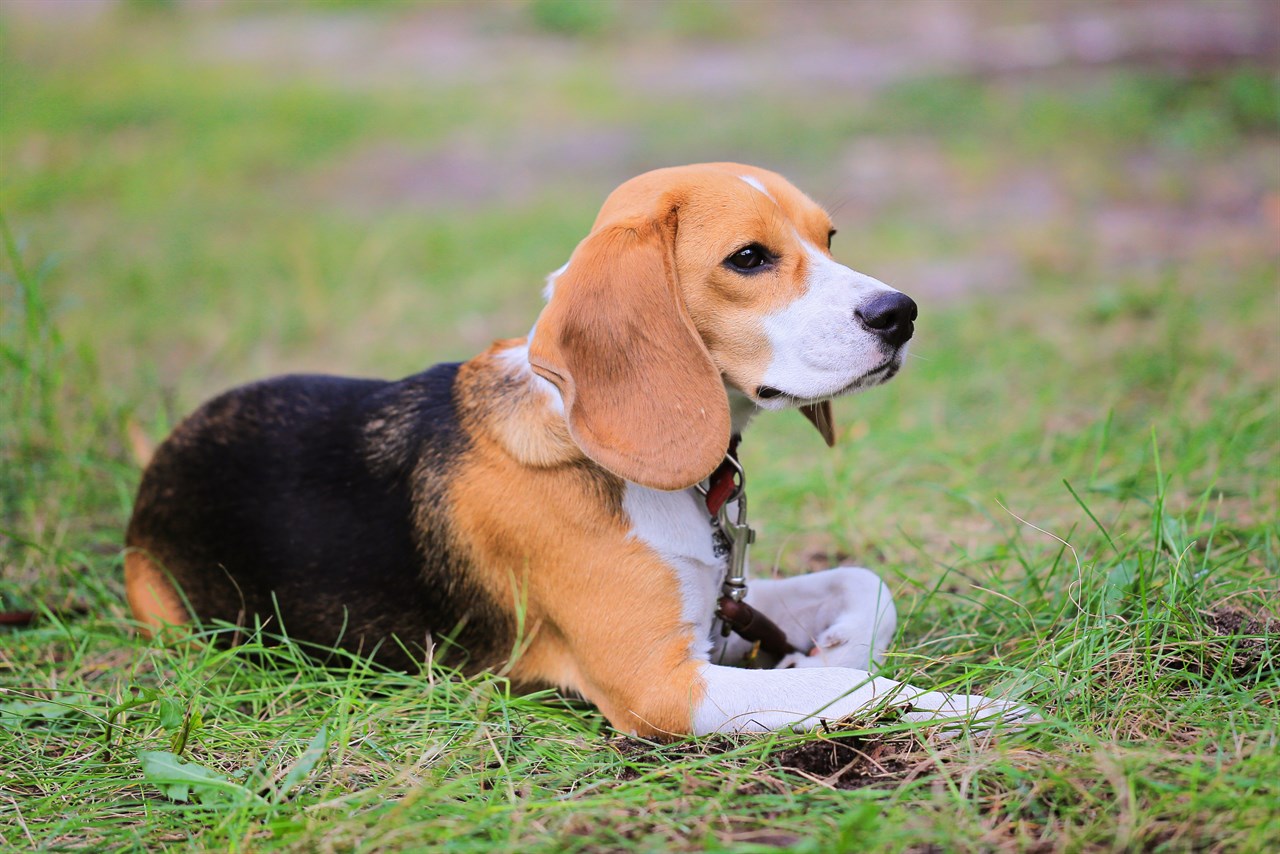Sleeping Requirements and Habits of the Harrier: A Hound's Rest

Like all dogs, Harriers have specific sleeping requirements and habits that contribute to their overall well-being. Understanding their sleep needs and patterns is essential for providing them with a comfortable and restful environment. Here's a closer look at the sleeping requirements and habits of the Harrier breed.
Daily Sleep Needs
Harriers, like most dogs, require a significant amount of sleep to stay healthy and active. On average, adult Harriers need about 12 to 14 hours of sleep per day. Puppies and senior dogs may require even more sleep.
Sleep Cycles
Dogs, including Harriers, go through sleep cycles similar to humans. These cycles include light sleep (rapid eye movement or REM) and deep sleep. It's during the deep sleep phases that dogs experience restorative rest.
Daytime Naps
Harriers may take short daytime naps to recharge, especially if they've had physical activity or mental stimulation. Providing a comfortable and quiet place for napping can be beneficial.
Nighttime Sleep
Harriers are known for being adaptable when it comes to nighttime sleep. They can adjust their sleep patterns to align with the household routine. Most Harriers will sleep through the night if they receive sufficient exercise and mental stimulation during the day.
Sleeping Locations
Harriers should have a dedicated sleeping area where they can rest undisturbed. Providing a comfortable dog bed or crate can help them feel secure and relaxed. Some Harriers may prefer sleeping in a quiet corner of a room or even on your bed if allowed.
Comfort and Temperature
Harriers are sensitive to temperature changes, so it's important to ensure that their sleeping area is comfortable. Provide bedding appropriate for the season, and keep the room well-ventilated. In cold weather, consider providing a warm blanket or dog sweater.
Sleep Routine
Establishing a consistent sleep routine can help your Harrier get into the habit of sleeping at the appropriate times. Try to maintain a regular schedule for feeding, exercise, and bedtime.
Snoring and Sleep Positions
Some Harriers may snore, which is common among dogs with short muzzles. This is generally not a cause for concern. Harriers may also adopt various sleep positions, such as curling up in a ball or stretching out on their side.
Puppies and Seniors
Puppies and senior dogs typically require more sleep than adult dogs. Puppies are growing rapidly, and seniors may need extra rest to manage the effects of ageing. Ensure that their sleeping area is comfortable and accessible.
Stress and Anxiety
Pay attention to your Harrier's sleep habits, as changes in sleep patterns can indicate stress or anxiety. If you notice unusual restlessness or difficulty sleeping, consult with a veterinarian or a professional dog behaviourist.
In summary, Harriers have specific sleep requirements and habits that are influenced by factors such as age, activity level, and daily routine. Providing a comfortable and quiet sleeping environment, along with regular exercise and mental stimulation, will help ensure that your Harrier gets the rest they need to stay happy and healthy. Monitoring their sleep patterns can also offer insights into their overall well-being and potential health concerns.